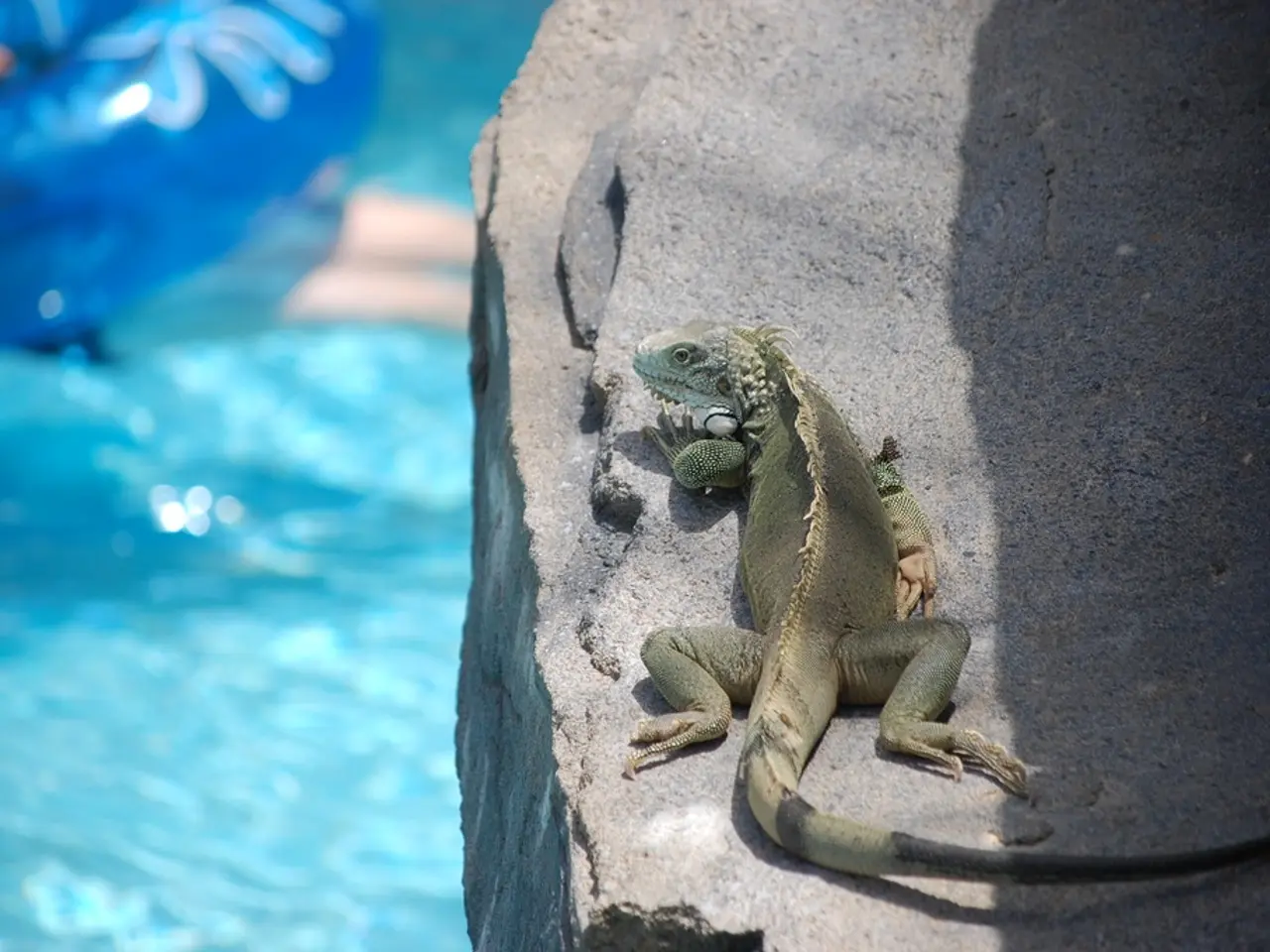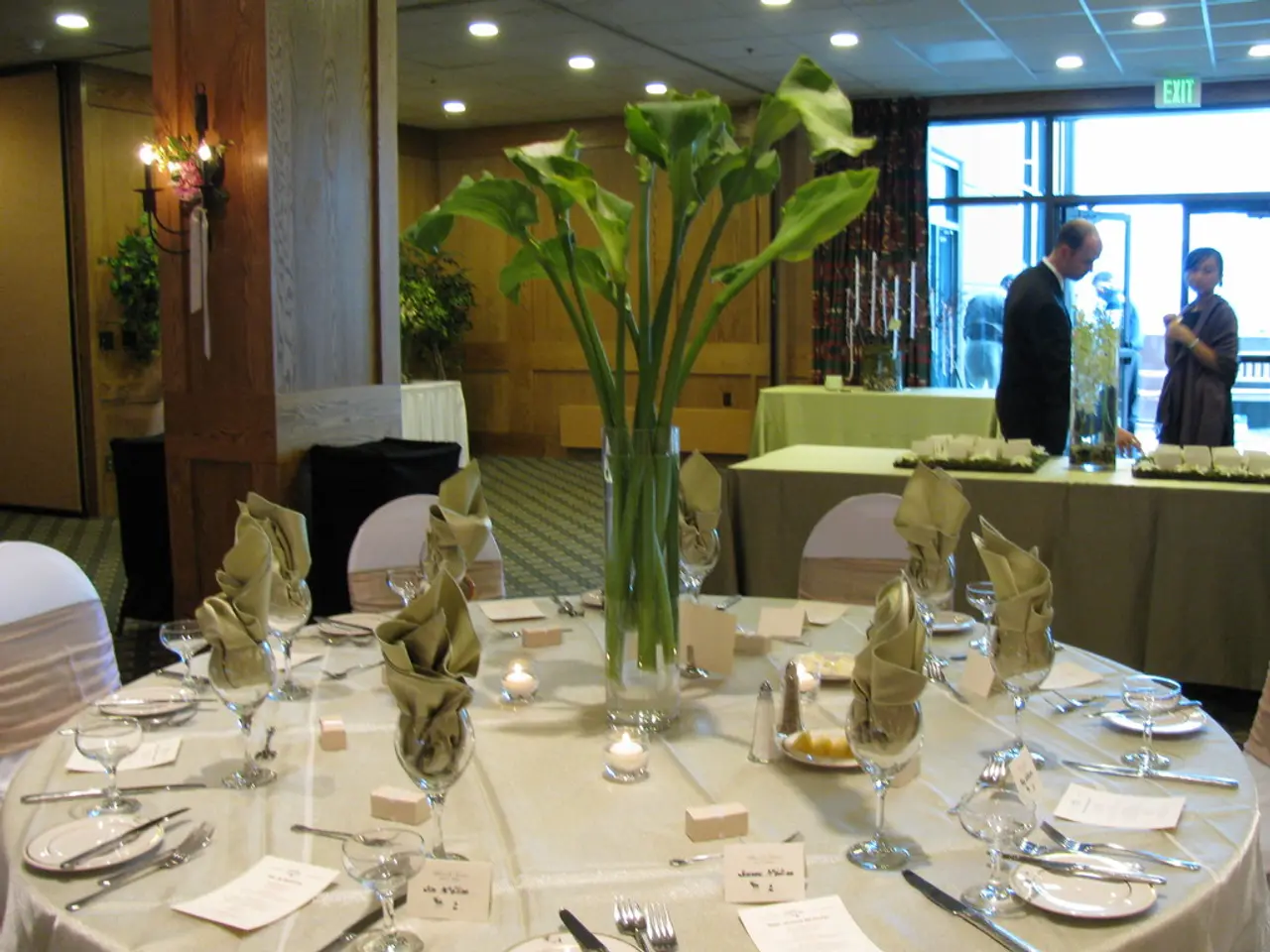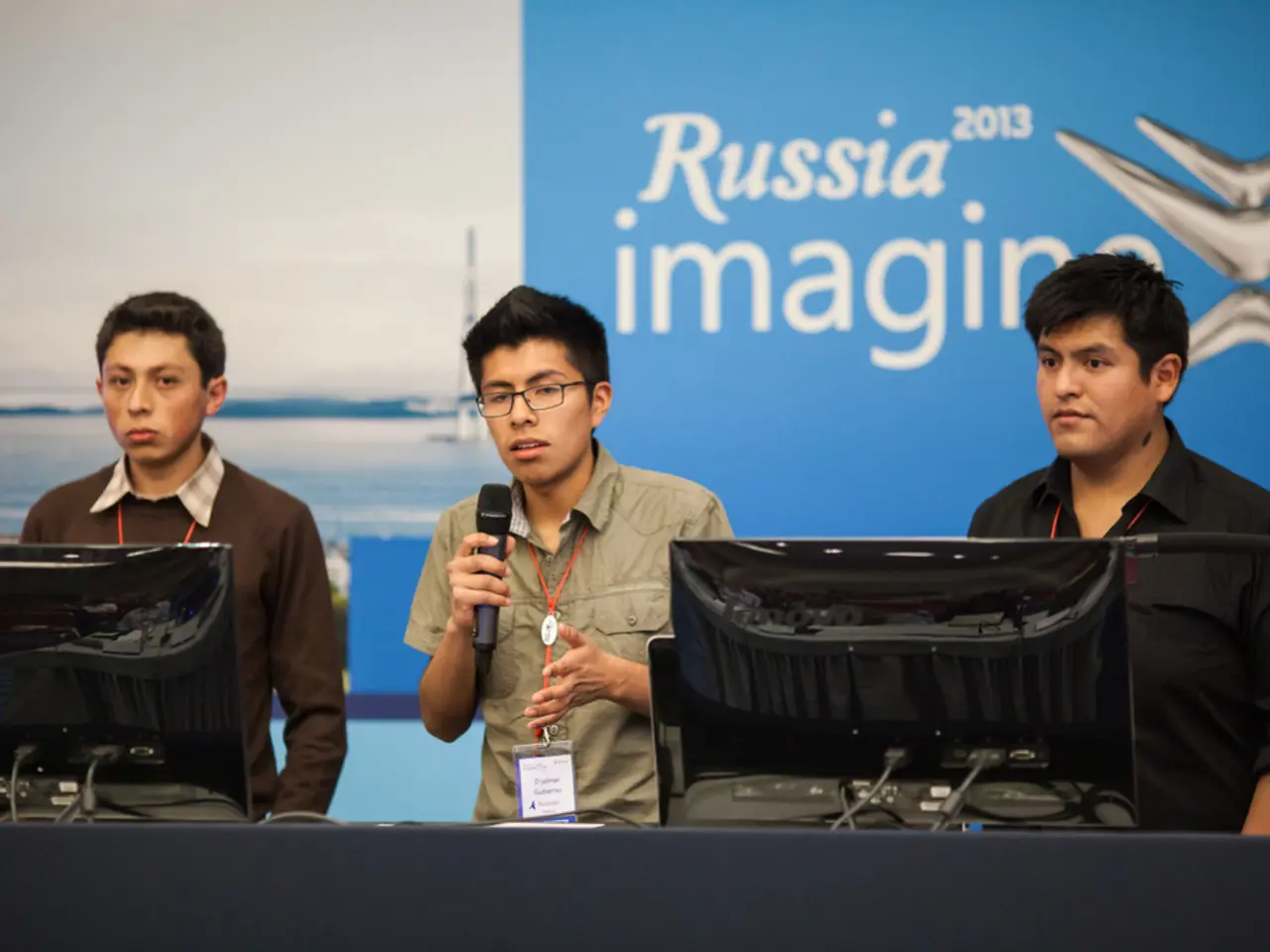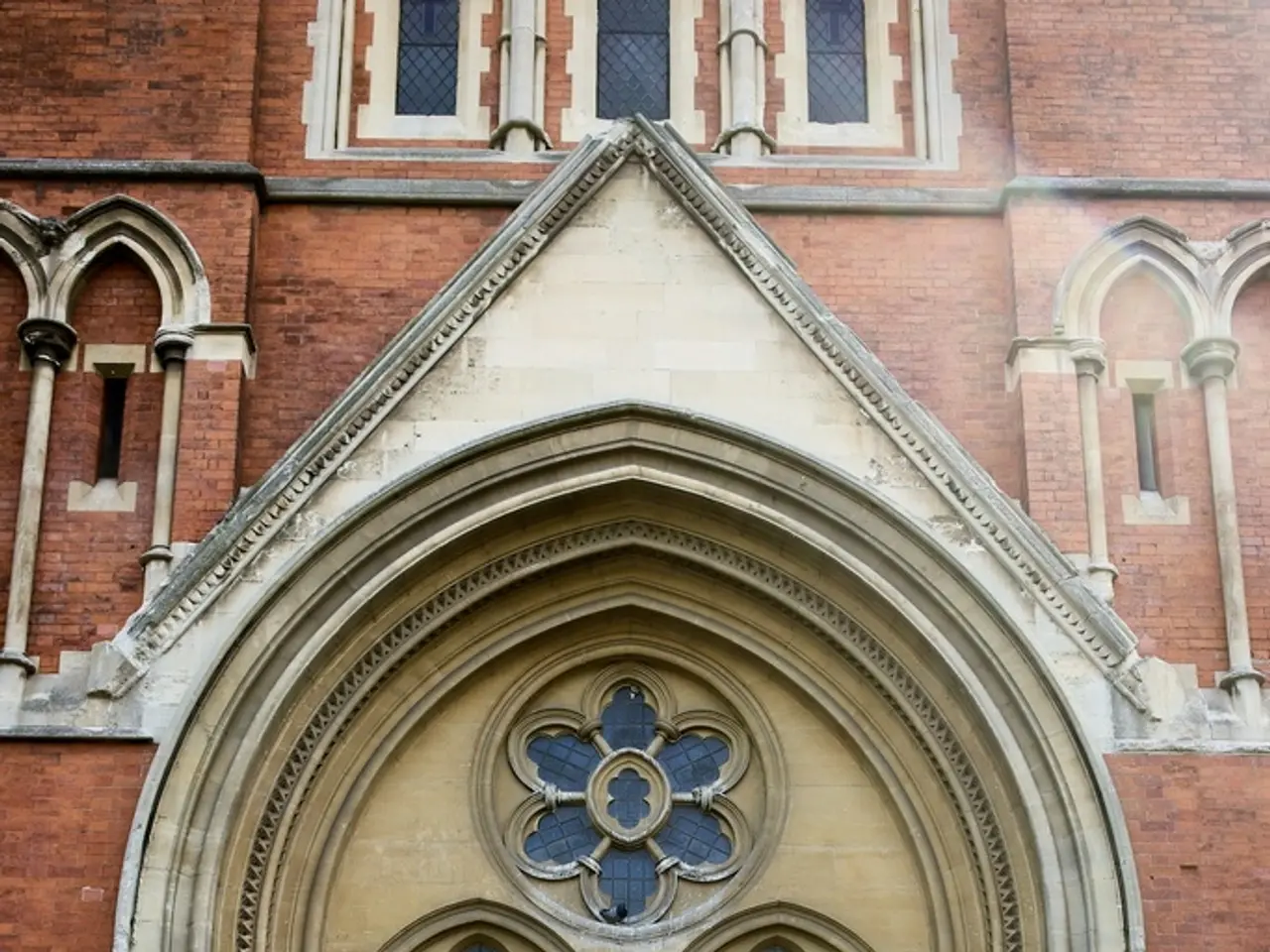Union for Protecting Mesoamerican Biodiversity and Freshwater Ecosystems Established on July 3, 2025
The Mesoamerican region, home to diverse ecosystems, is facing significant environmental challenges, particularly in the conservation of freshwater resources. A new alliance, the Mesoamerican Alliance for the Conservation of Freshwater Species, has been formed with the aim of addressing these challenges and protecting the region's freshwater biodiversity.
The alliance, comprising at least 35 individuals from Costa Rica, Nicaragua, Honduras, El Salvador, Guatemala, and Mexico, was established following the I Mesoamerican Symposium for the Conservation of Freshwater Biodiversity and Ecosystems held in Guatemala City, Guatemala, on June 27, 2025.
The alliance aspires to improve technical capacity for attending to freshwater biodiversity, promote an institutional strengthening plan, and encourage compliance with environmental legislation. It also aims to create a regional network of researchers specialized in freshwater biodiversity and its ecosystems, and establish a cross-cutting agenda involving all sectors related to the management and use of exotic species.
One of the key objectives of the alliance is to promote the development and application of norms for the appropriate, timely, and relevant use of agrochemicals and the management of waste in various production practices. In the area of climate change, the alliance proposes the promotion of programs that include ancestral practices of Indigenous Peoples and local communities for efficient management of watersheds.
The alliance is multisectoral, inclusive, and committed to the conservation of freshwater ecosystems, acting based on knowledge and promoting community participation for effective governance and resilience. It seeks to align policies for the conservation of biodiversity and to promote the updating of laws to address environmental problems more effectively.
The alliance also encourages the strengthening of technical capacity for the construction of infrastructure and the development of solid and liquid waste treatment systems at the municipal level. An environmental education-centered proposal for implementing training programs and designing didactic material is also part of the alliance's plan.
Omar Domínguez Domínguez, a specialist from the Universidad Michoacana de México, hopes that the alliance will break borders and integrate as a community for the conservation of freshwater resources. Andrea Cruz Siles, a functionary of the Monitoring Program for the Ecological Integrity of the Tortuguero Conservation Area of the National System of Conservation Areas (SINAC) of Costa Rica, considers the alliance's achievement a milestone. Álvaro Guilló, a spokesperson for the alliance, encourages joining the Mesoamerican Alliance and including future generations.
Representatives of Honduras have offered to host the II Mesoamerican Symposium for the Conservation of Biodiversity and Freshwater Ecosystems in 2026. The alliance's goals, if achieved, could have a significant impact on the conservation and management of freshwater resources in the Mesoamerican region.
While there is no specific information available about this alliance in the provided search results, general principles of conservation alliances suggest that it would involve government agencies, NGOs and conservation groups, academic institutions, and community groups working together to protect freshwater ecosystems, promote sustainable practices, and foster collaboration and education.
[1] [Mesoamerican Reef](https://www.nationalgeographic.org/encyclopedia/mesoamerican-reef/) [2] [Marine Protected Areas in the Philippines](https://www.iucn.org/resources/outcomes/philippines-marine-protected-areas-network) [3] [Sustainable Land Use in Tikal](https://www.archaeology.org/issues/547-1501/features/842-tikal-archaeology-sustainable-land-use)
- The formation of the Mesoamerican Alliance for the Conservation of Freshwater Species marks a significant step in environmental-science policy-and-legislation, aiming to protect freshwater biodiversity in the region.
- The alliance, through its promotion of programs that include ancestral practices of Indigenous Peoples and local communities for efficient watershed management, addresses the climate-change challenges faced by the Mesoamerican region.
- This multisectoral alliance, involving government agencies, NGOs, academic institutions, and community groups, plans to align policies for the conservation of biodiversity and update laws to address environmental problems more effectively, contributing to the general-news discourse on sustainable practices and conservation efforts.








